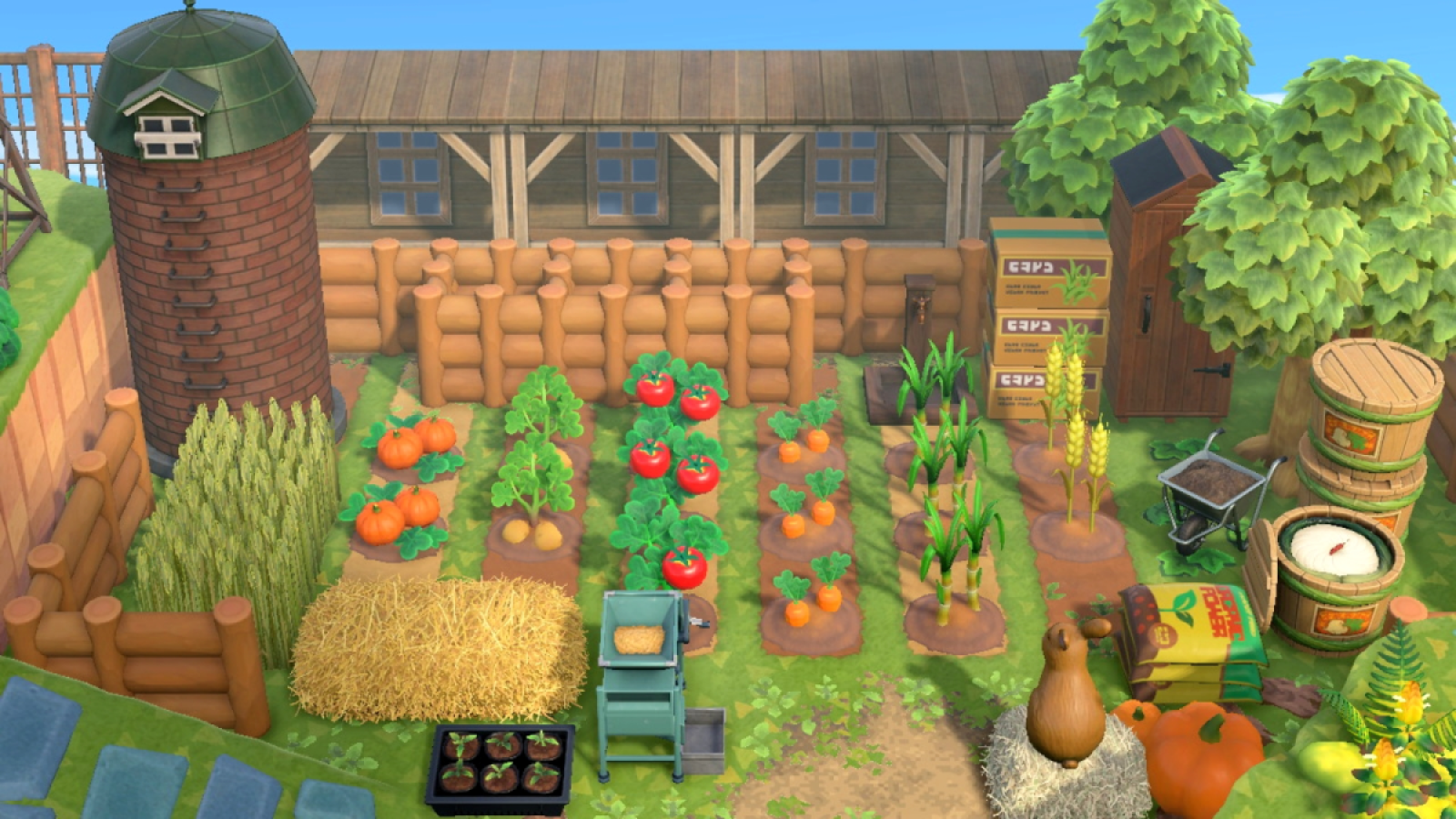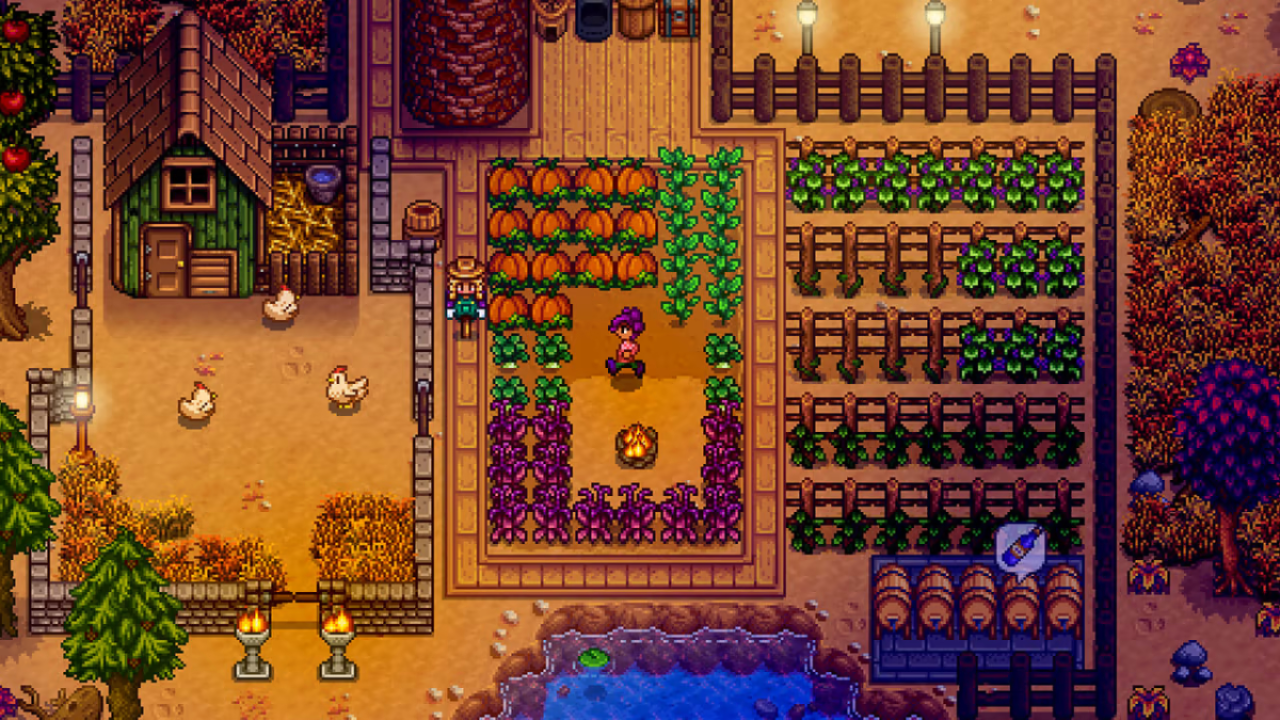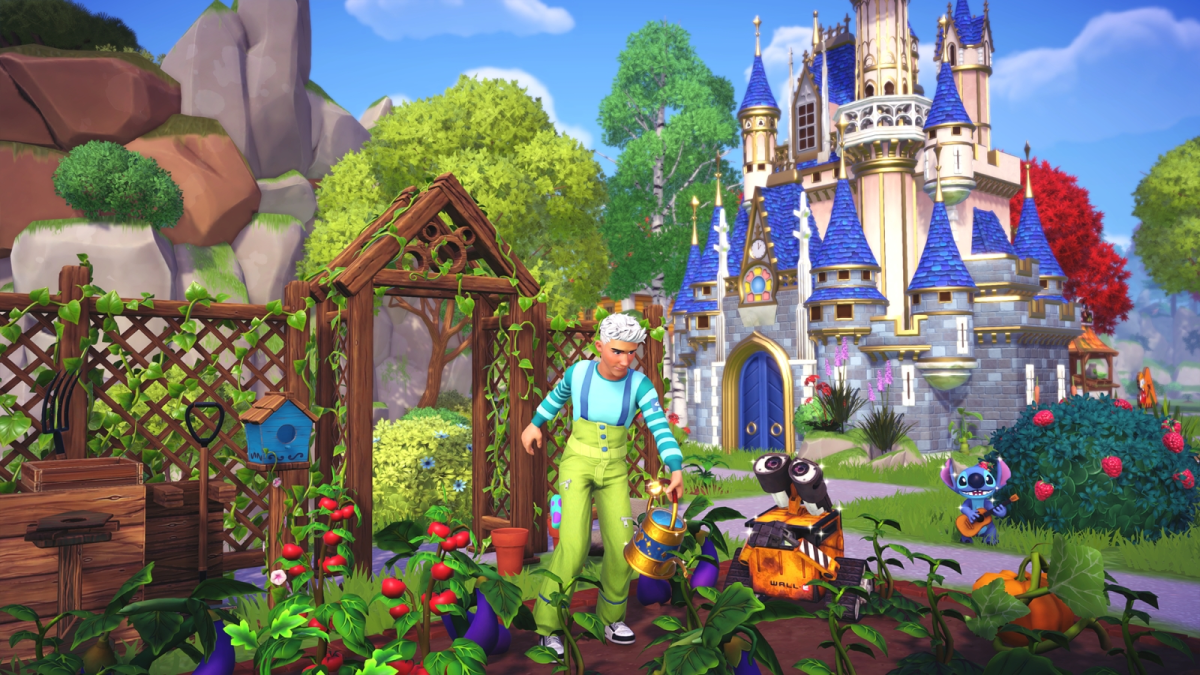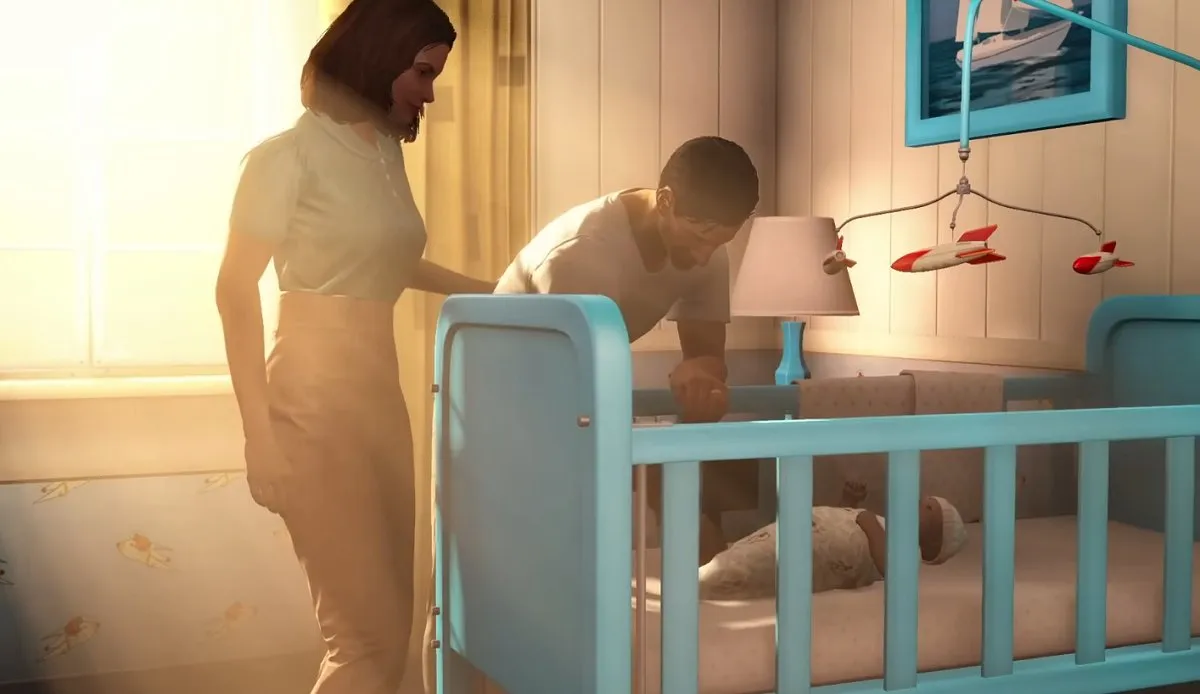When the world went dormant at the onset of the COVID-19 pandemic, almost everyone I knew turned to a singular coping mechanism: Animal Crossing: New Horizons (ACNH). It was my first game in the Animal Crossing series and I spent hours each day decorating my island, talking to my villagers, and collecting furniture sets to design the perfect home. Nintendo launched the game at a particularly auspicious time, and as of November 2022, ACNH is Japan’s best-selling game ever.
I recently logged into my game for the first time in months and decided right away to start a brand new island. I deleted my old save file and started from scratch, and it felt good to sink back into one of my favorite comfort games. Of course, both of my partners immediately asked if I was OK. Although playing ACNH brings me a ton of joy, it’s also a solid indicator that my mental health is on a down-swing.
Escaping into a sim game is one of the ways I turn off my brain, and it always has been. As a kid, I would play Rollercoaster Tycoon for hours on the weekends, building coasters and designing parks that reminded me of some of my favorites I had visited.
Now, I’m obsessed with Disney Dreamlight Valley, which scratches the itch I feel to drop everything and run off to Disney World without totally bankrupting my family. The truth is, I would be a park-hopping Disney Adult if I could afford it, and this game gives me a little taste of that—while also letting me build a pumpkin empire and gather fruit with Wall-E.
Perhaps more importantly, Disney Dreamlight Valley and sim games like it give me the opportunity to exist peacefully for a few hours, which is an increasing rarity in this world.
The appeal of ‘cozy games’

The market for cozy, low-stakes games continues to grow. Titles like The Sims and Stardew Valley still boast massive communities, as does ACNH (although many players are frustrated with Nintendo for no longer updating the game).
Meanwhile, titles like Ooblets, which its studio Glumberland describes as “a pretty weird game about farming, creature collection, and dancing,” are being released all the time, allowing fans to jump from title to title at will, which reduces the likelihood of burnout from spending too many hours in a single world. I have two different cat café management games on my Nintendo Switch, as well as a few low-key adventure games starring cats and/or sentient fruits and vegetables.
Sometimes, the best mental health tool I have is playing a low-stakes sim game until my anxiety simmers down, and the more tasks there are for me to complete, the better. Medication and therapy are great, but they don’t provide me with a tiny team of monster creatures that I can dress in little suits, you know? The serotonin and sense of accomplishment I get from getting to know townspeople, bringing them supplies and gifts, or even just building a new type of scarecrow to put with my crops is almost unparalleled.
If there’s a multiplayer element to the game, even better (especially if it’s not required to advance). Many of my closest friends live in other states, and being able to co-farm with them in Stardew Valley or have coffee together at Brewster’s Café while we hang out on a voice or video call feels really special. Likewise, turning off the attack shark in the survival game Raft and building a little ocean-based paradise together provides an incredible amount of escapism and joy.
Peaceful, quality time with friends is somewhat antithetical to what we expect from online gaming. The still-rising tide of cozy games is part of the broader desire for wholesome or gentle games that don’t ask players to commit violence, which can breed especially toxic communities.
Given how much violence and hatred we see in the news on an hourly basis, this makes a lot of sense. Escapism means something different to people whose identities or bodies make them targets of bigotry, and first-person-shooter or beat ’em up games might not hold the same appeal.
Plus, for millennial and Gen-Z gamers, cozy games allow them to complete goals that they might never be able to accomplish in real life, like owning a home or having access to robust financial savings.
Resource management is more feasible in sim games

According to a 2021 study conducted by PYMNTS and LendingClub, 65 percent of Gen-Z say they live paycheck to paycheck, and 70 percent of millennials say they do, too. Gen-X and even boomers aren’t far behind, reporting that 60 and 54 percent of their generations live paycheck to paycheck, respectively, but younger generations are definitely struggling more than our parents and grandparents. We can attribute this to a number of factors, which we won’t get into here. The point is that we’re struggling to pay our bills, let alone set aside money for emergencies or savings.
So for many sim gamers, part of the appeal is being able to make and save money, as well as manage resources appropriately. Abundance is possible in games like Stardew Valley and Disney Dreamlight Valley, even without using cheat codes or mods. You can get what you need, usually without much struggle, and you can usually get what you want as well without having to stretch yourself thin. This simply isn’t what reality looks like for most people, and experiencing that in a video game is incredibly comforting.
When financial stability seems like a distant dream, it’s hard to move through life in a capitalist society where companies prioritize profit over people. The National Low Income Housing Coalition (NLIHC) reports that in 2022, a full-time worker in the US would have had to earn $25.82 an hour to afford a two-bedroom rental home, and $21.25 to afford a one-bedroom.
The federal minimum wage has been $7.25 since 2009, meaning a minimum-wage employee would need to work 96 hours a week to afford a two-bedroom, or 79 hours a week to afford a one-bedroom. There are only 168 hours in seven days. If you’re working more than half of that, you have very little time to take care of basic needs like sleeping and eating, let alone relaxing or recharging.
This is why cozy games are so idyllic: They give us the opportunity to live full lives without having to sacrifice our basic humanity to survive. In these digital worlds, our dreams are at our fingertips and our resources are actually producible or acquirable, as are the funds we need to cover our basic needs and then enjoy a little treat or two.
While it definitely shouldn’t be this way and it’s important that we don’t abandon all hope for escapism when we should be fighting for ourselves and others, it’s helpful to have a pocket dimension where you can slip away for some self-care when you need it.
(featured image: Gameloft)









Published: Mar 10, 2023 10:46 am